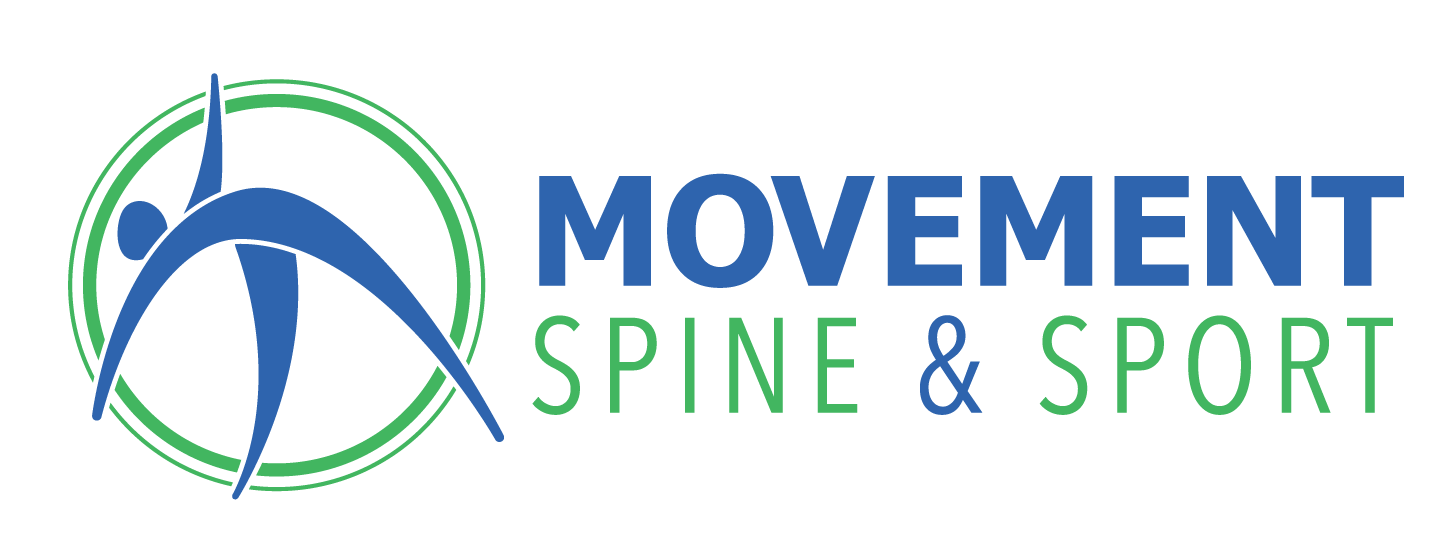The "Perfect Posture” Myth: Why Your Next Posture is Your Best Posture
When it comes to managing conditions like neck and upper back pain, there's one concern that arises more than any other: posture!
For decades, we've been told that "proper" posture means sitting ramrod straight, shoulders back, and head held high.
But if you've ever tried to maintain this position for more than a few minutes, you know just how quickly it grows awkward and uncomfortable.
So, what gives? If this "perfect" posture is truly how we're meant to sit, shouldn't our bodies be able to maintain it with ease?
The truth is, the concept of a singular "optimal" posture for tasks like working at a desk is a myth.
Moreover, we now have a growing body of evidence suggesting that static postures do not correlate with spinal pain in any meaningful or predictable fashion.
Differing significantly from person to person, our posture is influenced by a complex interplay of factors, including our athletic and injury histories, physical conditioning levels, genetic and anatomical variation, and even our mood.
The real culprit behind posture-related pain isn't any one position itself, but something far more rudimentary and commonly overlooked.
That is, time!
Specifically, the amount of time spent in any single position, whether sitting upright, slouching forward, standing, or kneeling.
With that in mind, what I like to tell my patients is that, "The best posture is your next posture!"
This isn't just a catchy phrase; it's a powerful reminder to regularly shift and change positions throughout the day.
Our bodies are designed to be dynamic and mobile. The same goes for our posture.
Instead of stressing about achieving some "perfect" ergonomic arrangement, focus on incorporating movement throughout the day.
Give yourself the freedom to periodically adjust, stretch, and find new, comfortable postures as you work, embracing the natural urge to shift and change positions.
Your body will thank you for it!
If you’ve been struggling to overcome neck or upper back pain, click here or call our office at (704) 980-9049 to schedule an appointment. Our experienced clinicians will design a personalized treatment plan to help alleviate symptoms and return you to the activities you enjoy most.
Ryan Lesik, D.C., CSCS
Movement Spine and Sport

